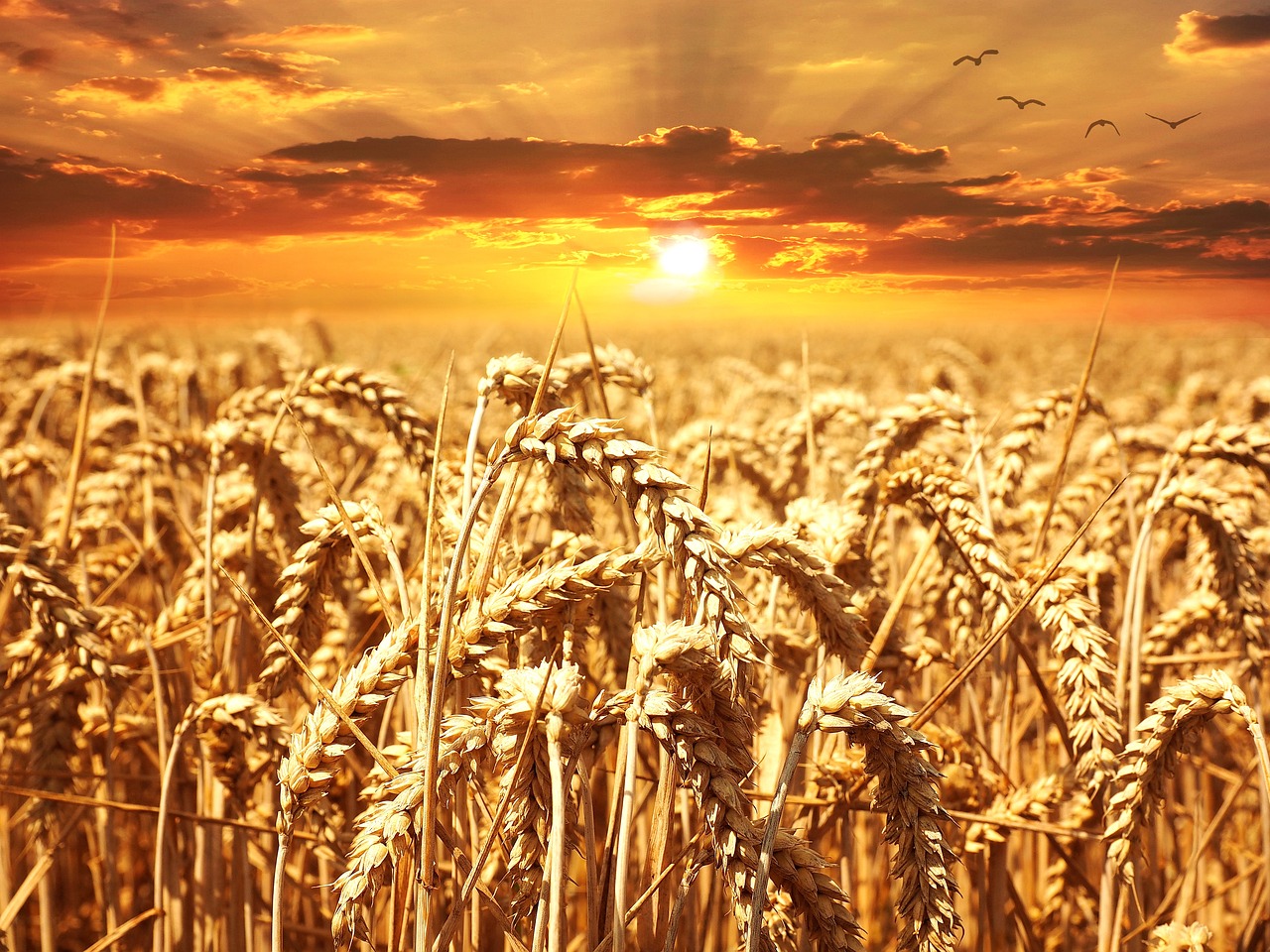
Russia’s Agriculture Minister Dmitry Patrushev announced that two grain consignments, each carrying 25,000 tons of Russian wheat, will be sent to Somalia and Burkina Faso in about a week.
The first two ships have already set sail from Russian ports for the two African countries, with an anticipated arrival in late November or early December. Russia has recently strengthened its relations with Somalia, providing debt relief of up to $13 billion and military equipment for Somalia’s war against terrorism. In July, Russia reopened its embassy in Burkina Faso, a sign of growing relations. Russia’s Black Sea Grain Initiative, which allowed 33 million tons of grain and other food items to 45 nations, was eventually ended in July.
However, Russia claimed most of the grain did not reach African countries in need, and its demands for its own trade were not met under the deal. Another 200,000 tons of grain are due in the Central African Republic, Eritrea, Mali, and Zimbabwe before the end of the year.
In recent years, Russia has strategically sought to expand its influence in Africa by making significant inroads into the continent’s food market. This push is part of Moscow’s broader diplomatic and economic strategy to strengthen ties with African nations and gain a foothold in their agricultural and food sectors.
One key aspect of Russia’s approach involves leveraging its agricultural prowess to export food products to African countries. The nation’s agricultural sector has experienced notable growth, making Russia one of the world’s leading exporters of grains, including wheat. By offering competitive prices and reliable supply chains, Russia aims to become a major food supplier for African nations.
Through diplomatic engagements, economic partnerships, and trade agreements, Russia has actively worked to increase its agricultural exports to Africa. The cultivation of these ties serves both economic and geopolitical purposes. Economically, it opens up new markets for Russian agricultural products, fostering economic growth and trade diversification. Geopolitically, it allows Russia to strengthen its influence on the continent, forging alliances that could extend beyond the food sector.
Additionally, Russia’s foray into the African food market aligns with its broader geopolitical strategy to counterbalance Western influence on the continent. By fostering economic ties and presenting itself as a reliable food supplier, Russia aims to diversify African nations’ diplomatic and economic partners, reducing their dependence on Western countries.
However, this strategy is not without challenges. Africa is a diverse and competitive market with varied agricultural needs. Established players, including European nations and China, have already made substantial inroads. Furthermore, issues related to infrastructure, logistics, and regulatory frameworks in some African countries can pose hurdles for Russia’s ambitions.






